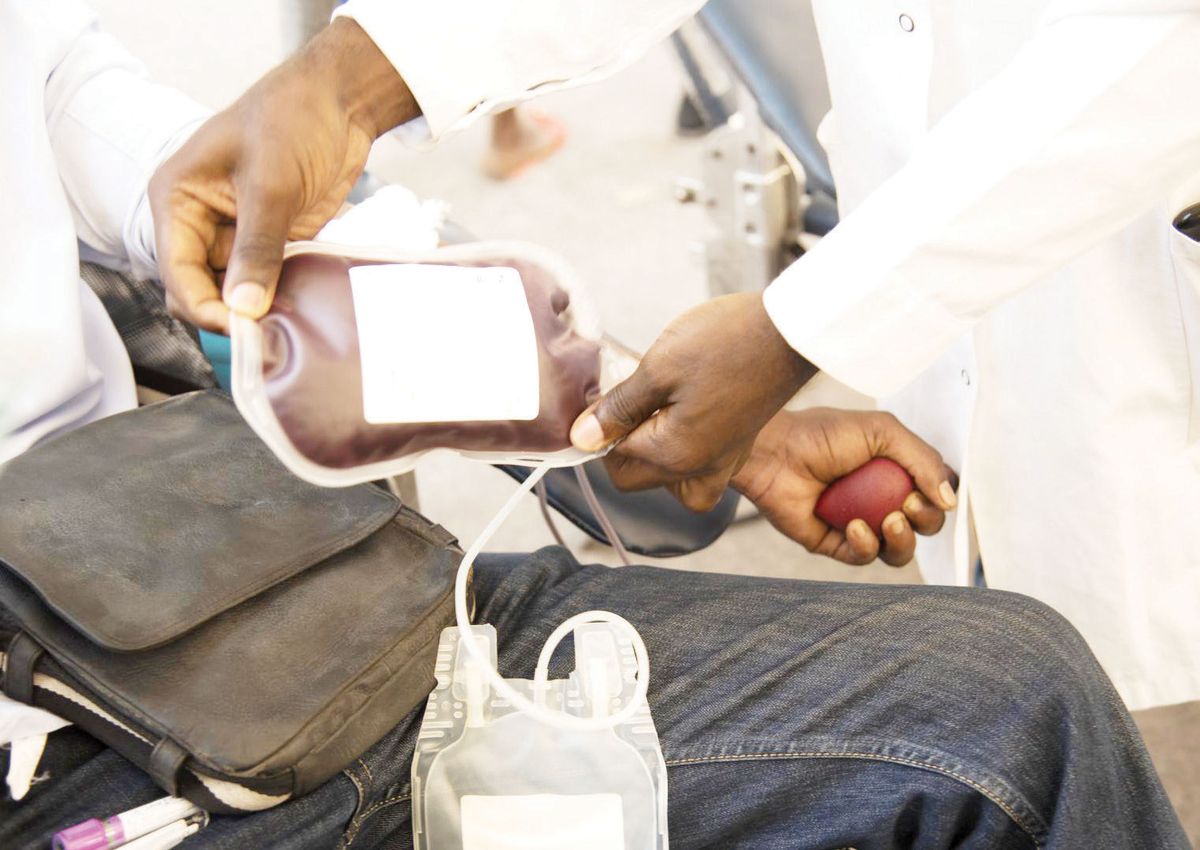Hospitals owe us K3 billion -- Malawi Blood Transfusion Service

Source: The Times Group Malawi
Author: Rebecca Chimjeka
Malawi Blood Transfusion Service (MBTS) board chairperson Eric Chapola has expressed concern over what he describes as failure by public hospitals to clear a K3 billion bill which they reportedly owe the institution.
Chapola said this when officials from the Ministry of Health inspected equipment at MBTS which was procured by the Global Fund.
"To support its operations, MBTS is therefore required to recover funds for the blood that is distributed in the hospitals. It is disheartening to note that MBTS is owed over K3 billion and this has impacted our operations," Chapola said.
He added that MBTS occasionally has to deal with a scarcity of blood bags, which has "a significant effect" because there is inadequate supply in hospitals, hence endangering patients who require blood transfusions.
Chapola also said with cancer care, there is a rise in demand for platelets, but that MBTS is currently unable to serve patients as it should.
"It would really be helpful if we were able to procure a platelet apheresis machine that would greatly increase production. Furthermore, MBTS operations are funded by the Global Fund and the cost-recovery model applies," he said.
Chief of Health Services responsible for reforms, Matias Joshua, said the ministry would find out more about the money that public hospitals reportedly owe MBTS.
"We will look for a solution," Joshua said.
Health rights activist Maziko Matemba has said the situation where hospitals in the country owe MBTS K3 billion is disheartening.
Matemba said this "severely impacts" the ability to provide crucial blood transfusion services, which may be compromised, affecting patient care and overall healthcare delivery.
"Finding a solution to this financial burden is essential to ensuring the continued functioning of vital medical services," he said.
